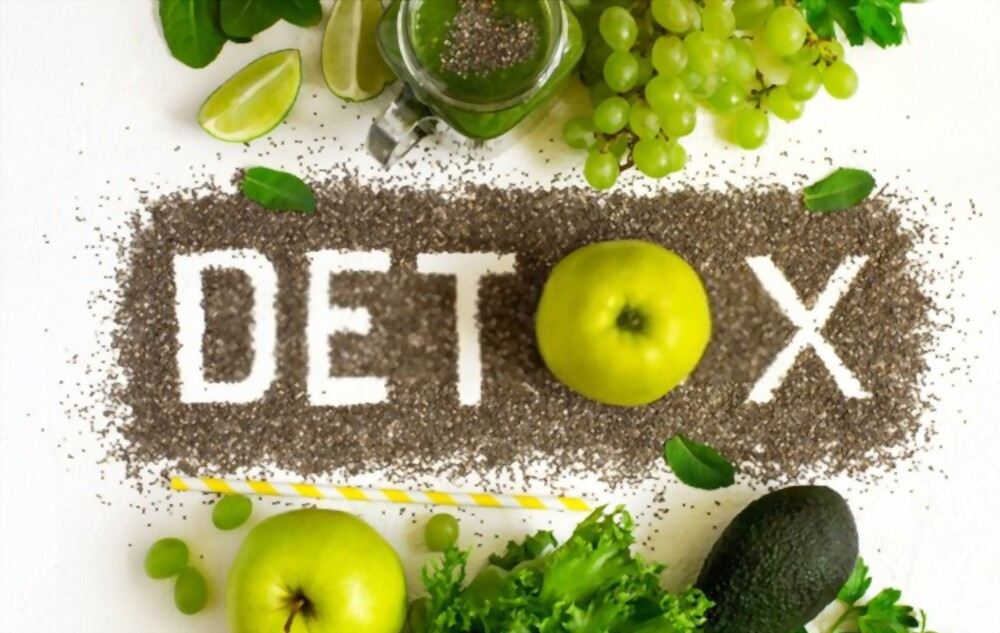When you finally decide to quit drugs, a complete medical detox is what will usher you into the path of recovery. Addiction results in both physical and mental effects, and it takes time, proper care, and deliberate effort to conquer those effects. Find out more about how an initial detox will help you beat drug and alcohol use.
What Is Detox?
Detoxification, or detox, is the medical process of allowing the body to get rid of the drugs in it and manage the withdrawal symptoms that follow. Frequent use of a drug makes the body grow accustomed to the particular drug. This leads to addiction as the brain’s chemistry gets used to an influx of chemicals from the drug.
For an effective recovery process, removing the toxins introduced into the body is paramount, and the effects of sudden withdrawal must be dealt with. The withdrawal symptoms that ensue when the body is deprived of the substance include:
- Sweating
- Shaking
- Irritability
- Vomiting
- Anxiety
- Stomach Cramps
- Depression
Substance abuse withdrawal is a painful process. However, some options make the process more bearable.
Importance of Detox in Recovery
Repeated substance abuse alters the chemical balance required for the proper functioning of the body. It changes the brain’s physical structure and the way it regulates the essential hormones in the body—continued use of the drug causes addiction which hinders the normal functioning of the body without the drug.
Through detox, the body is forced to go without the drugs it was accustomed to, restoring healthy brain chemistry. Completing a detox program is vital in recovery. You will only learn to live without the drugs after successfully going through detox.
What Happens in Detox?
A doctor at the detox facility conducts a thorough medical assessment to find out more about the patient’s drug history and other details of the addition. It helps formulate an individualized detox program.
After the assessment, the detox process begins, which involves patients being given proper medication as part of the detox process. While no medication eliminates all withdrawal symptoms, it helps relieve anxiety and depression and induces sleep.
Around-the-clock support is assured during the entire detox process. It will also help to take part in therapy to get you ready for long-term recovery from drugs.
How Long Does Detox Last?
On average, a detox program takes between 7 and 10 days. However, it varies between different people due to factors, such as:
- Which substance was abused
- How much of the substance the patient had consumed
- The user’s age, gender, and medical history
- The mental and physical functioning
Achieving Success in Detox and Recovery
Seeking treatment in rehab teaches you new ways of managing the cravings and avoiding triggers that can cause a relapse. Some approaches that help the recovery process include:
Behavioral Therapy
It helps the patient deal with all negative behaviors and emotional triggers, preventing relapse. When you learn the emotional triggers that initiate cravings, you get to handle any temptations better.
Medication
Medication is used to suppress cravings, especially in alcohol and opioid addiction. If the patient also suffers from a mental issue, a doctor gives appropriate medicine to treat the mental problem and the addiction simultaneously.
Support Groups
Participating in a support group offers the much-needed encouragement to keep going when the urge to relapse kicks in.
Final Remarks
Medical detox is a critical step towards recovery. It’s, however, not enough. You must seek further treatment if you want to conquer the addiction. Purpose going to rehab to find out more ways of continuing recovery and staying drug-free.
